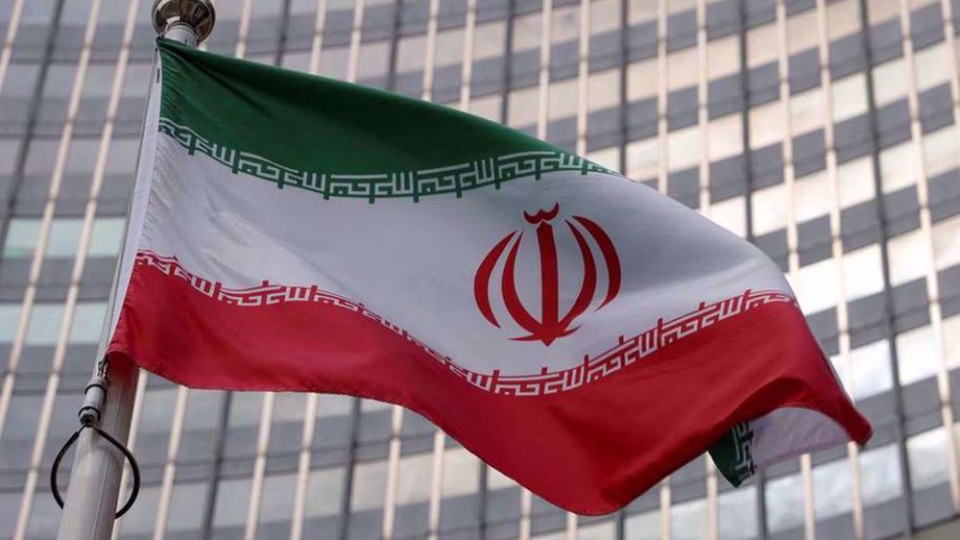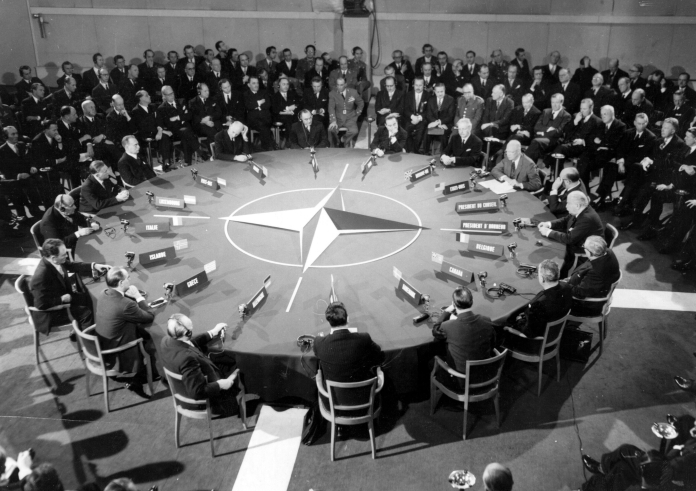In response to a joint statement by France, Germany, Britain, and the United States condemning Iran's alleged increase in the production of highly enriched uranium, Iranian Foreign Ministry spokesman Nasser Kan'ani called on the Western nations to abandon issuing statements and fruitless pressure and instead take necessary political steps.
Emphasizing the peaceful nature of Iran's nuclear program, Kan'ani stated that diplomacy remains the best approach to address concerns about Iran's nuclear activities. He highlighted that the responsibility now lies with the US and the three European countries to make political decisions rather than resorting to rhetoric.
Kan'ani pointed out that the US and the European troika (E3) had left the negotiating table and, therefore, were not in a position to comment on Iran's nuclear program. He clarified that Iran's enrichment at the 60% level is in accordance with the country's peaceful needs and is fully supervised by the International Atomic Energy Agency (IAEA).
Calling for a shift from a blame-game policy, Kan'ani urged the US and E3 to review their performance in the sanctions removal talks of the past two years and observe the consequences of their unconstructive policies. He reiterated Iran's commitment to cooperating with the IAEA.
The spokesman emphasized that unilateral demands and the unwillingness of Western countries to correct their measures will not contribute to resolving the nuclear issue. He reminded that Iran began taking "remedial measures" in May 2019, gradually reducing its commitments under the Joint Comprehensive Plan of Action (JCPOA) after the US withdrew from the agreement.
President Ebrahim Raeisi had previously stated that Iran's uranium enrichment to the purity level of 60% was a response to the lack of commitment by the three European parties to the JCPOA. The situation underscores the ongoing challenges in diplomatic efforts surrounding Iran's nuclear activities.

















